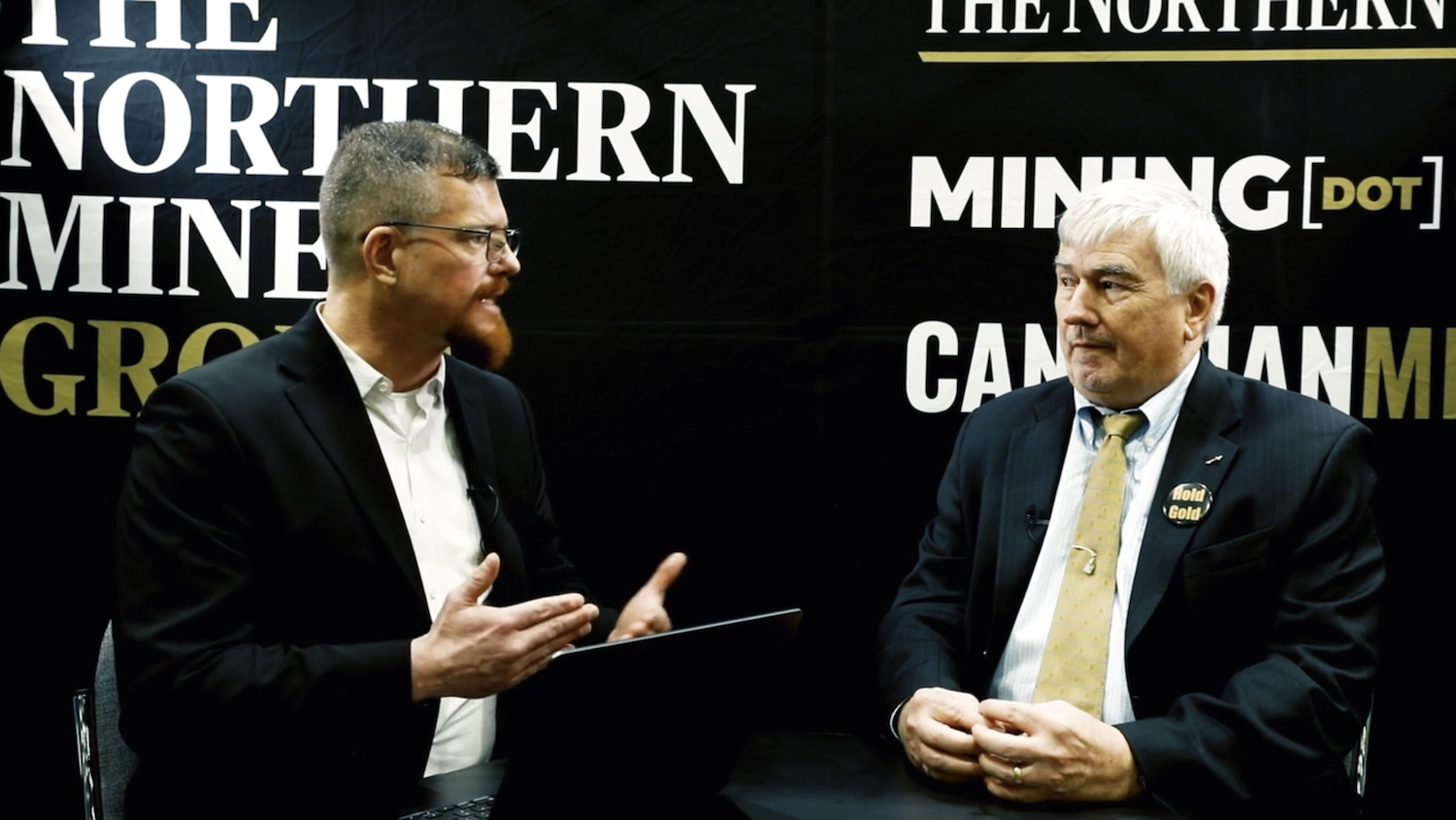LME ready to address flaws in its metal storage rules

The London Metal Exchange is poised to deal with a loophole in its warehousing rules, exposed after commodity trader Glencore bought large amounts of aluminium earlier this year, sources familiar with the matter said.
But the exchange will have to wait until a complaint lodged by Glencore with the LME on its inability to take fast delivery of the aluminium from warehouses owned by ISTIM UK in Port Klang, Malaysia has been resolved, sources said.
A problem has emerged in relation to the LME’s “load-in and load-out” rules – otherwise known as LILO, which specify the tonnage that has to be shipped out when a queue to deliver metal is longer than 50 days.
“The rules were for another era and aimed specifically at cutting those two-year queues. The LME will revisit and change the rules for the current environment”
The rules were introduced after queues to take aluminium out of storage in Detroit soared to near two years in 2014, sparking complaints from consumers in transport and packaging about artificially high aluminium prices.
“The rules were for another era and aimed specifically at cutting those two-year queues. The LME will revisit and change the rules for the current environment,” an aluminium industry source said. “Latest events with Glencore and ISTIM have highlighted the problem with LILO.”
The LME, Glencore and ISTIM declined to comment.
Glencore bought 200,000 tonnes of aluminium on the LME in January, creating a queue of more than 50 days at ISTIM’s Port Klang facilities at the end of a three-month calculation period ending in January.
The queue would have activated LILO, which stipulates a warehouse must load out its normal requirement and all the metal delivered in over those same three months in March, April and May, which means less rent would be payable by Glencore.
However Glencore and ISTIM are in dispute over whether the queue started at the end of January or on the first day of February and LILO was not triggered.
If LILO had been triggered at the end of January, ISTIM warehouses in Port Klang would have had to load out 2,500 tonnes a day and another 222,713 tonnes in March, April and May.
“That’s an economic benefit for the company making the queue. A company that makes the queue cannot take advantage of QBRC (queue-based rent capping) and should not be able to take advantage of LILO,” an aluminium trader said.
QBRC specifies that full rent is payable for 30 days and half rent for another 20 days. Rent for metal in a queue to leave a warehouse after 50 days cannot be charged.
However, the company that creates a queue has to pay full rent for as long as it takes to get the metal out.
“The LME will have to consult on any changes to its warehousing rules, but I don’t think anybody will object,” a source at an aluminium producer said.
“It’s a loophole that needs to be closed.”
Any consultation on reforming LILO will be separate to proposals for other changes made by warehousing firms and published by the exchange at the end of March.
(By Pratima Desai; Editing by Veronica Brown and David Evans)
{{ commodity.name }}
{{ post.title }}
{{ post.date }}




Comments